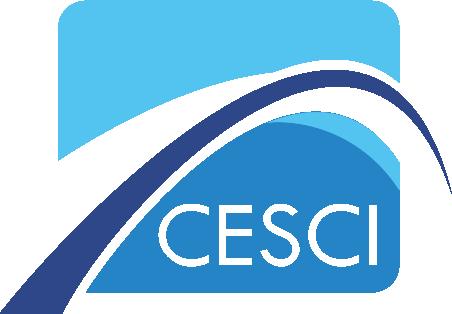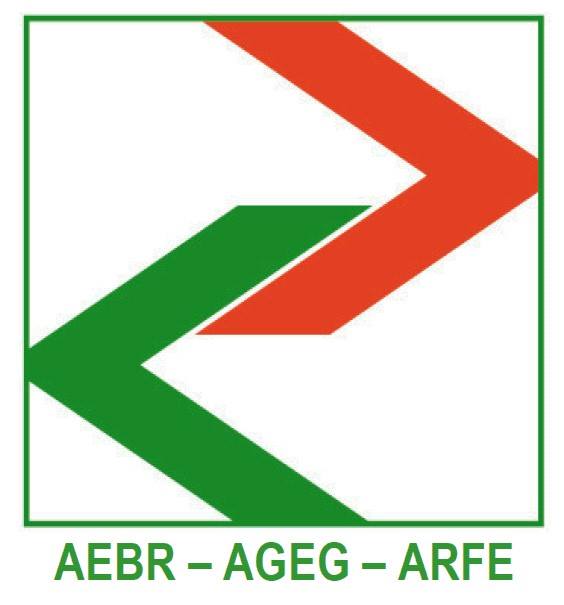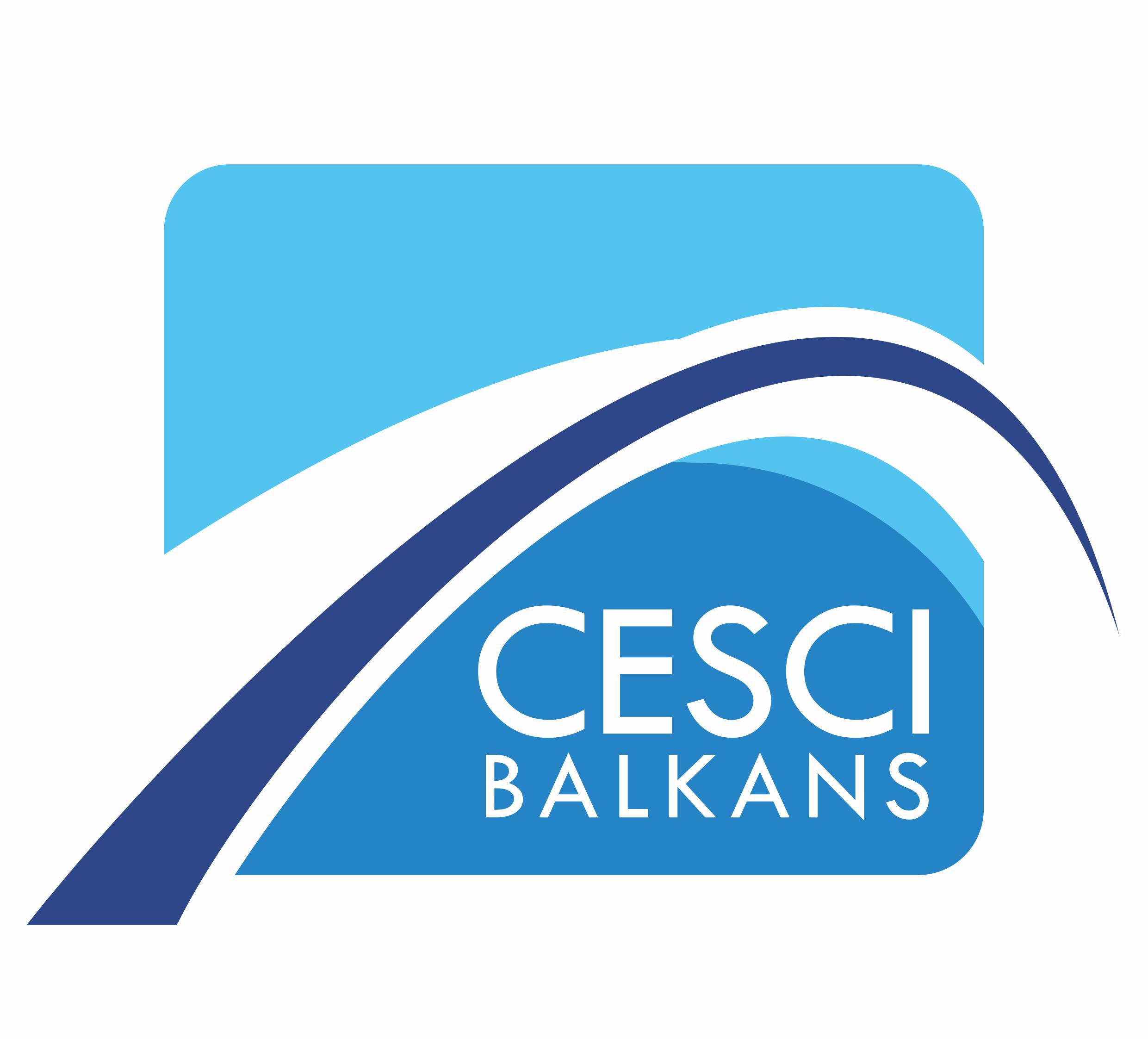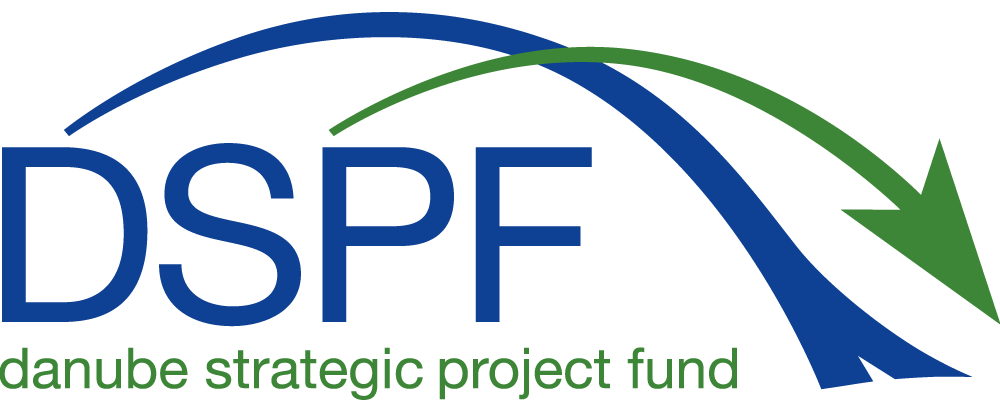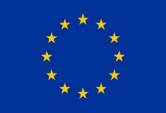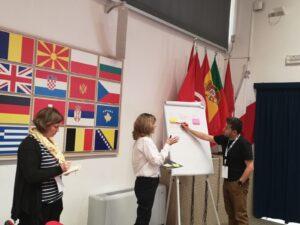
A two-day workshop highlighting the Mediterranean Diet as a driver of sustainable tourism development took place in Bari, Italy.
Organized by the European Commission in collaboration with North Macedonia—current chair of the EU Strategy for the Adriatic and Ionian Region (EUSAIR)—the event brought together representatives from three key thematic areas: the Blue Economy, Sustainable Tourism, and Social Cohesion.
Entitled “Sustainable and Innovative Food Systems: The Mediterranean Diet as a Tool for Tourism and Local Development in EUSAIR Communities,” the workshop was hosted by the International Centre for Advanced Mediterranean Agronomic Studies (CIHEAM). Experts from throughout the region convened to establish a working group tasked with creating a joint project that positions the Mediterranean Diet as both a cornerstone of regional cultural identity and a central component of its tourism appeal.
This workshop also marked the introduction of the new EUSAIR Action Plan, adopted in May. Croatian representatives—active within the Thematic Steering Group for Sustainable Tourism—took the initiative in forming the working group and designing the project. The initiative aims to promote the Mediterranean Diet, support local and organic food production, and foster environmentally conscious forms of tourism.
Throughout the two-day program, participants exchanged insights on existing policies, successful practices, and financial instruments that can fund initiatives linking food, tourism, and sustainability. A strong focus was placed on regional collaboration and youth engagement in shaping new, sustainable tourism models centered on local resources and responsible production.
Within EUSAIR’s fourth thematic pillar—Sustainable Tourism—attendees presented research findings, ongoing projects, and the Handbook on Gastronomic Tourism Development in the Adriatic-Ionian Region. Contributions from Croatian and Albanian coordinators underscored the strategic importance of sustainability within tourism development efforts.
Participants also toured the Alta Murgia area, recognized as a “Bio-district,” serving as a living example of how agriculture, community involvement, and tourism can coexist sustainably. This approach illustrates how valuing local initiatives and environmental stewardship can yield appealing and responsible tourism offers—principles at the heart of the new EUSAIR project that Croatia will champion.
In the months ahead, Croatia will head the working group overseeing the project’s development and coordination among regional stakeholders, reaffirming its leading role in building a sustainable and competitive tourism sector across the Adriatic-Ionian region.

